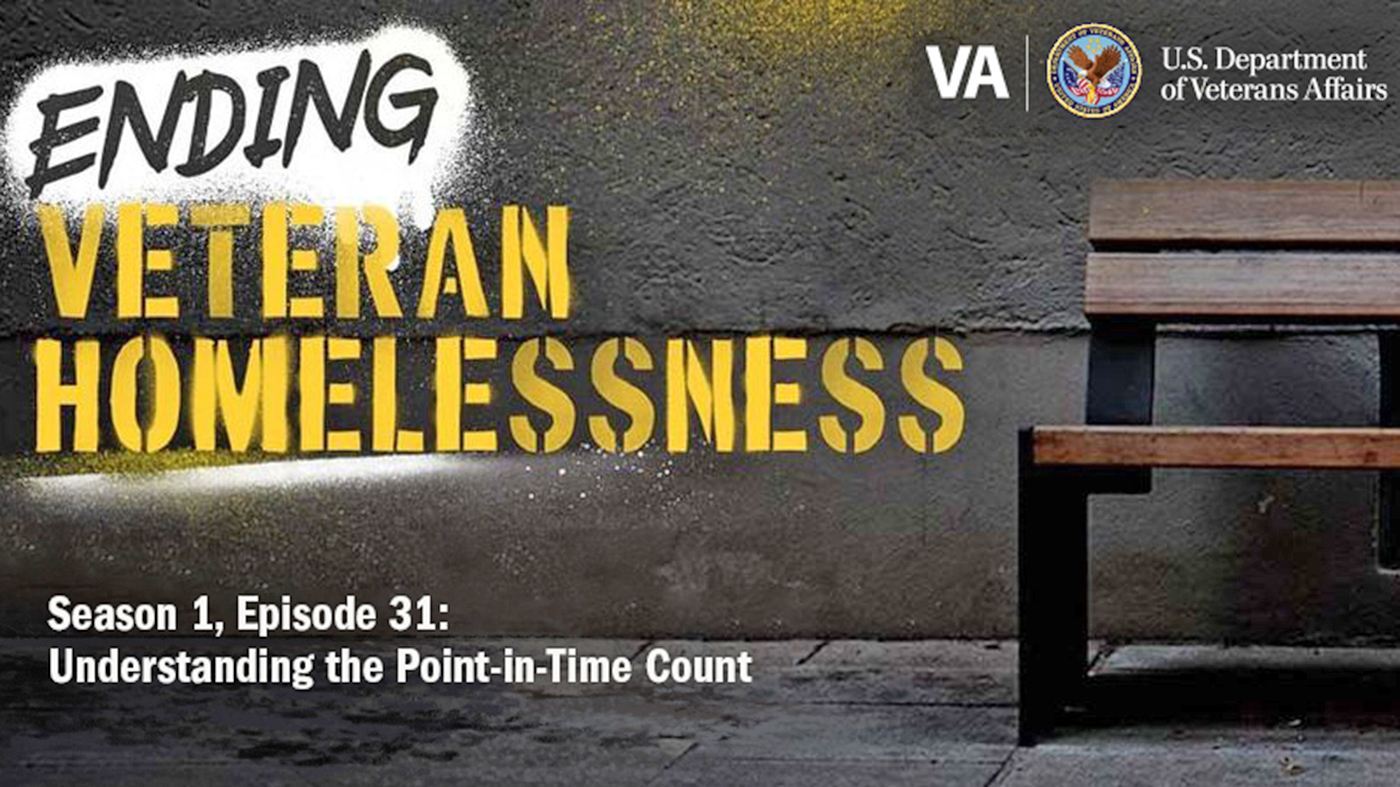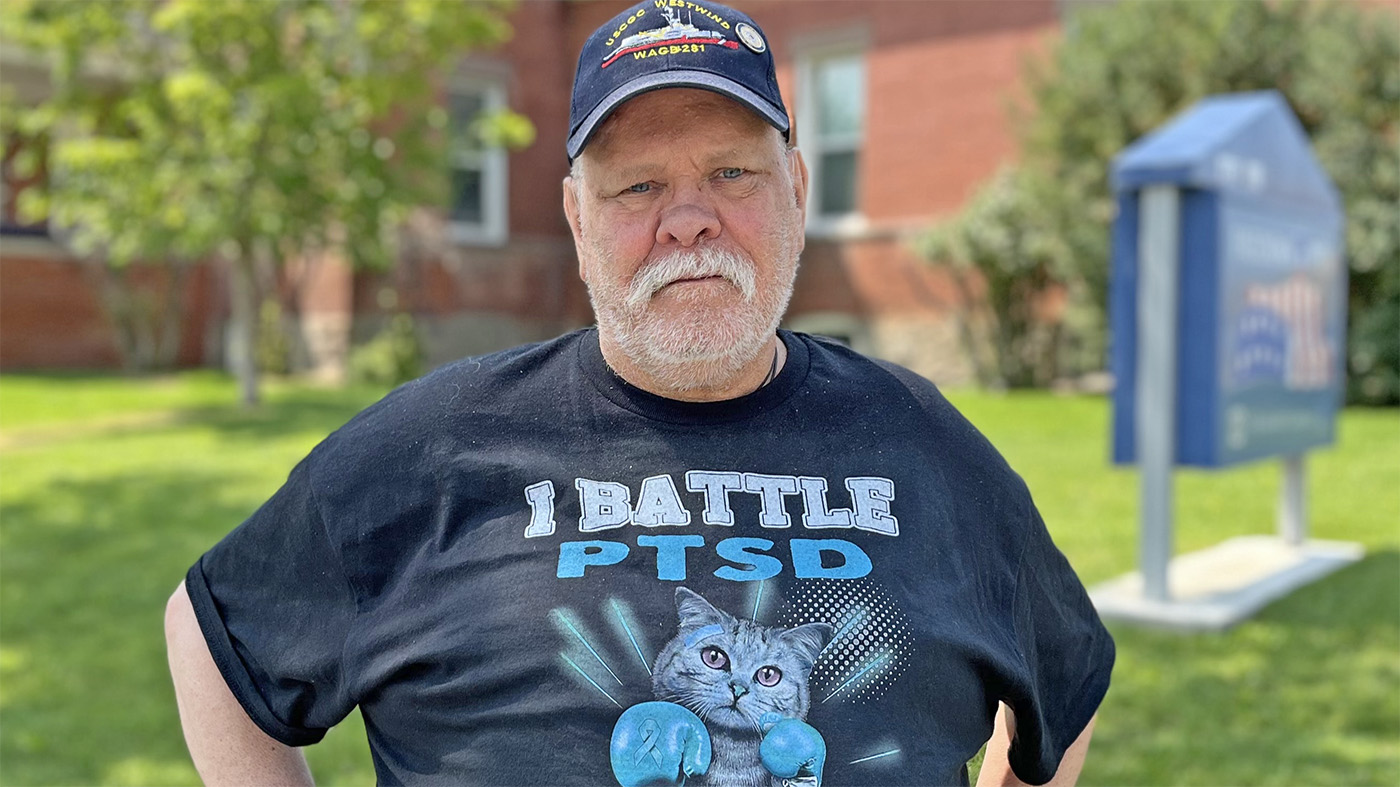Every Veteran across the country should have quick and easy access to primary health care. In reality, Veterans experiencing or at risk of homelessness are more likely to use emergency services for health-related issues. To reduce barriers that prevent these Veterans from accessing quality health care that meets their unique needs, VA created Homeless Patient Aligned Care Teams (HPACTs).
HPACT is a multidisciplinary, population-based medical home model organized around the unique challenges faced by Veterans who are experiencing or at risk of homelessness.
Located at VA medical centers, community-based outpatient clinics, and Community Resource and Referral Centers across the country, HPACT programs were established to create coordinated services to meet the unique needs of Veterans experiencing homelessness. These programs include interdisciplinary teams of doctors, nurses and case managers responding to the ongoing and evolving medical, mental health and substance use needs of Veterans experiencing homelessness entering the VA system focusing on the No Wrong Door approach.
Currently, there are 56 operational sites and 17,000 Veteran enrollees nationally.
“In 2008, I began working at VA as a registered nurse in the emergency department, where I came into contact with all types of patients with so many different medical, social and mental health needs,” said Dr. Jillian Weber, HPACT national program manager. “Through HPACT, the goal is to both increase access to care and engagement in care for Veterans experiencing homelessness; however, we may only see the Veteran once. So, we work to make the most out of our time and focus on those high-priority needs.”
Why HPACTs are critical
The HPACT model is critical to serving Veterans experiencing or at risk of homelessness because it accounts for limited mobility and chronic conditions that could make it difficult to access excellent health care. It also provides critical services that go beyond medical care. Since its launch in 2011, HPACT has served over 22,000 Veterans annually and received more social worker support than regular Patient Aligned Care Teams (PACT), averaging 4.6 visits per year compared to 2.7 visits a year. The success of HPACT comes from its dedication to addressing the challenges unique to Veterans experiencing or at risk of homelessness.
HPACTs are composed of skilled health care professionals who understand the specific needs of Veterans facing homelessness. HPACTs constantly refine the care they provide through a performance-based model that analyzes real-time data and uses patient feedback to improve performance. The availability of HPACTs around the nation is critical to helping Veterans access the health care they have earned and deserve.
Care provided by HPACTs reduces the number of emergency department visits by Veterans. A recent study involving 3,543 Veterans showed a 19% reduction in emergency department use and a 34.7% reduction in hospitalizations following enrollment in an HPACT.
Patients who have received care at an HPACT consistently report positive experiences. A medical care study found that Veterans experiencing or at risk of homelessness were more likely to report a positive experience after receiving care at an HPACT than after receiving care at a traditional primary care center. HPACT patients also received additional, non-medical care, such as social services.
Veterans enrolled in an HPACT can also obtain and maintain permanent housing 81.1 days faster than those not enrolled, which is a major factor in reducing emergency department visits and hospitalizations. In addition, Veterans enrolled in HPACT cost $9,379 a year less to care for compared to Veterans experiencing homelessness that are enrolled in PACT, largely driven by fewer hospitalizations in VA and the community.
“It has been a privilege to work with such an amazing team and group of colleagues as the HPACT national program manager,” said Dr. Weber. “I am looking forward to being able to focus on a few new projects and upcoming health initiatives that will expand HPACT in the years to come.”
Through outreach, flexibility, and culturally sensitive care, HPACTs break down barriers to health care for Veterans facing homelessness. HPACTs are a necessary step to providing focused and tailored care for our nation’s Veterans.
More information
- To learn more about HPACT and its resources, visit the HPACT website.
- Veterans who are homeless or at risk of homelessness should contact the National Call Center for Homeless Veterans at 877-4AID-VET (877-424-3838).
- Subscribe to the Homeless Programs Office newsletter to receive monthly updates about programs and supportive services for Veterans experiencing or at risk of homelessness.
Topics in this story
More Stories
William Snow, senior program specialist at HUD, explains how the Point-in-Time Count provides valuable data on Veteran homelessness.
VA permanently housed 47,925 homeless Veterans in fiscal year 2024, exceeding its goals for the third year in a row.
VA Housing First changed the life of Grady Kendall, Coast Guard Veteran, because it was there when life knocked him down.






